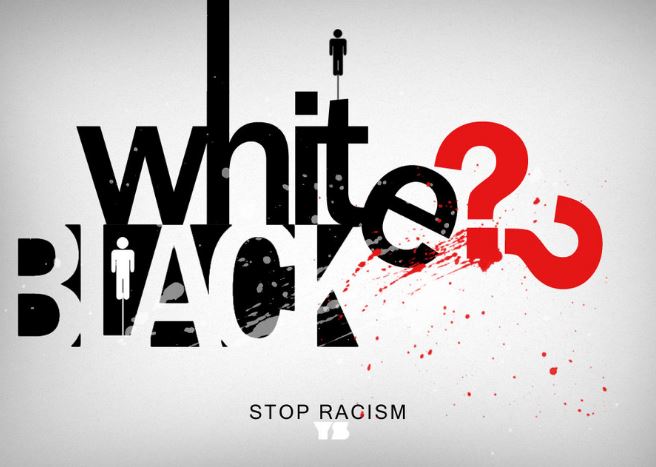

In his recent commentary in the New York Times on the 2012 election, Thomas Edsall notes “the persistence of racial resentment” among American voters. While one would be hard-pressed to deny that general conclusion, it is unfortunate that Edsall buys into a flawed report that suggests racism has actually increased in the country since Barack Obama was elected.
He cites a study conducted by Josh Pasek of the University of Michigan, Jon Krosnick of Stanford University, and Trevor Tompson of NORC at the University of Chicago to support his view. But as I wrote earlier in this space, those three researchers admit in their study that the measure of “explicit racism” that they use to make their conclusions may not measure purely racial attitudes after all.
They write that while they assume, for purposes of the study, that “explicit [or symbolic] racism” measures “racial attitudes and only racial attitudes,” that assumption is not necessarily correct. Instead, they warn the reader that:
“Some scholars have speculated that the survey questions used here purporting to tap Symbolic Racism may tap other constructs. If such confounding is present, the apparent impact of anti-Black attitudes here may be partly or mainly due to other constructs.” (emphasis added)
So, what does this caveat mean for the study’s main conclusions? It means that – despite their dramatic content – we can’t trust those conclusions to be an accurate description of the American public.
When the report says that 51% of Americans harbor explicit anti-Black attitudes, we can’t be confident that the percentage is really about racial attitudes and not more about standard conservative views. Maybe just a quarter of Americans, rather than half, harbor anti-Black attitudes, for example.
Similarly, when the report concludes that this explicit racism has negatively affected Obama’s approval rating and electoral standing by several percentage points, we have to recognize that this conclusion may be more about the impact of conservatism than racism.
Edsall got fooled by the language of the scholars’ report on racism. So did the Associated Press reporters who first released the results to the public.
In the major analytic portion of their report, Pasek, Krosnick, and Tompson treat their conclusions as though they are based on a valid measurement of racism. Toward the end, they add the short caveat that their conclusions about the impact of anti-Black attitudes may actually be “partly or mainly” due to other factors (i.e., all their conclusions could be bogus). Then, they reassert their conclusions, as though they were valid.
But if you don’t happen to see that caveat portion of the study, or – like the AP reporters and Edsall – you pay attention only to the executive summary and major conclusions, you might be fooled as well.
iMediaEthics has written to Edsall seeking comment and will update with any response.
